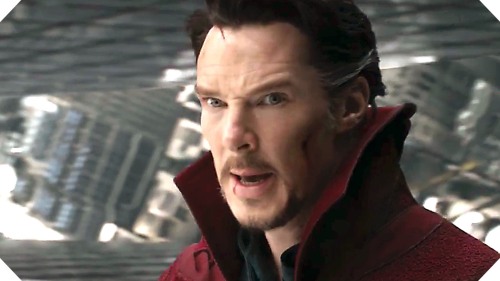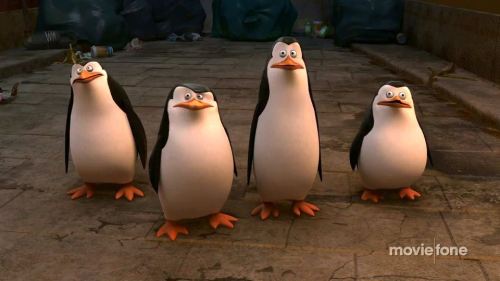
Benedict Cumberbatch
“THE WONDERFUL STORY OF HENRY SUGAR” My rating: A (Netflix)
37 minutes | MPAA rating: PG
At the risk of committing cinematic apostasy, I’d like to suggest that in the future Wes Anderson limit himself to short films.
I have come to this conclusion after viewing Anderson’s “The Wonderful Story of Henry Sugar,” 37 minutes of visual and aural bliss emphasizing all that is great about the Anderson style without ever wearing out its welcome.
Hanging around too long has been the major flaw of Anderson’s recent features like “Asteroid City” and “The French Dispatch,” quirky whimsy being an elusive thing to sustain over 90 minutes.
But “…Henry Sugar,” based on a short story by the late Roald Dahl, is a pure delight. the ideal marriage of material and presentational form.
It’s not so much an adaptation of Dahl’s yarn as a word-for-word recitation, with the cast members (familiar faces from the Anderson screen universe) speaking the author’s words directly to the viewer.
What’s it about? Well, it begins in the yellow cottage in which Dahl (Ralph Fiennes) does his writing. Dahl tells us the story of “The Man Who Sees Without Using His Eyes.”
Through a delightful series of interlocking flashbacks (stories within stories within stories…a familiar Anderson device) we follow Imdad Khan (Ben Kingsley), who as a young man in the 1930s became a devotee of a holy Indian hermit and learned to identify objects — like playing cards — even though his eyes have been completely bandaged.

Ralph Fiennes
The adult Khan exploits this skill as one of the main attractions of a traveling vaudeville show. Along the way he becomes the obsession of a physician (Dev Patel) bent on understanding this phenomenon.
Eventually the yarn turns to wastrel Henry Sugar (Benedict Cumberbatch), an upperclass Brit ne’er-do-well addicted to gambling. Sugar finds a journal written by Khan in a fellow rich twit’s library, steals it, and studies it for several years with singleminded intensity..
Sugar wants to employ Khan’s remote viewing system to read the cards held by his fellow casino denizens. He pulls it off…only to realize that gambling is no longer thrilling when you know you can’t lose.
The story is oddball charming and even has a nifty moral to it.
And the presentational style is, well, beautiful. The film is awash in pastel eruptions, with sets that often resemble huge doll houses and at other times fold up or open out like gigantic pop-up books.
| Robert W. Butler









